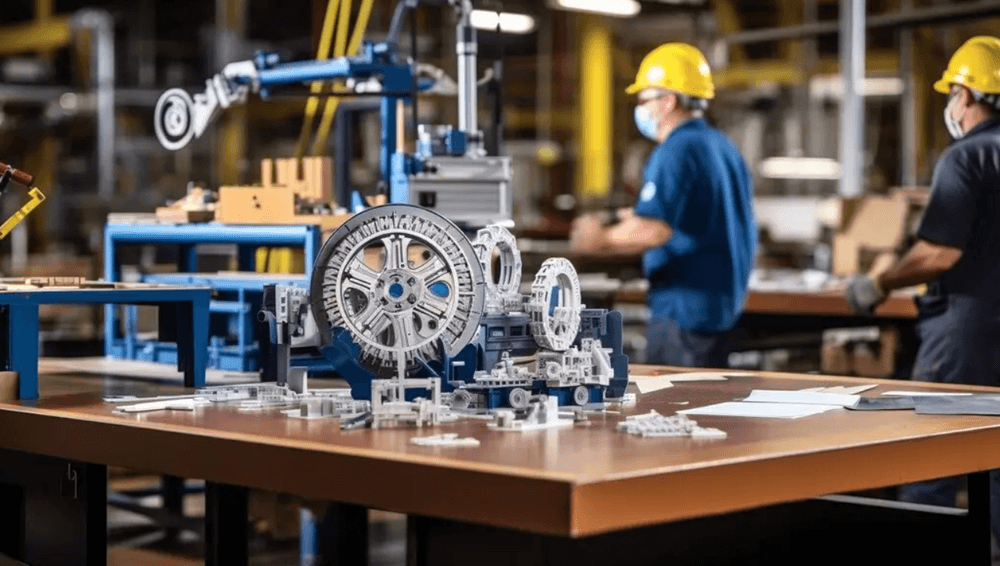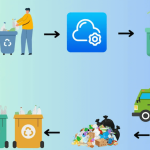In recent years, there has been a growing recognition of the need for sustainable practices in the manufacturing industry.
As the world faces increasing environmental challenges, such as climate change and resource depletion, manufacturers are under pressure to reduce their environmental footprint and embrace more sustainable production processes.
In this blog, we will explore the importance of sustainable production processes in the manufacturing industry and the key steps manufacturers can take to build a more sustainable future.
Contents
Why Sustainability Matters in Manufacturing
The manufacturing industry is a significant contributor to environmental degradation, accounting for a large share of global greenhouse gas emissions, waste generation, and resource consumption.
To mitigate these impacts, manufacturers must adopt sustainable practices that reduce their environmental footprint and promote long-term environmental stewardship.
Sustainable production processes not only benefit the environment but also offer economic and social benefits, such as cost savings, improved resource efficiency, and enhanced brand reputation.
Key Steps Towards Sustainable Production
- Energy Efficiency :
One of the most effective ways for manufacturers to reduce their environmental impact is by improving energy efficiency.
This can be achieved through measures such as upgrading equipment, optimizing production processes, and implementing energy management systems. By reducing energy consumption, manufacturers can lower their carbon emissions and operating costs.
- Resource Conservation :
Sustainable production processes also involve conserving natural resources such as water, raw materials, and energy.
Manufacturers can achieve this by implementing recycling and reuse programs, using renewable materials, and designing products for longevity and recyclability.
By minimizing resource consumption, manufacturers can reduce waste generation and environmental impact.
- Emissions Reduction :
Another critical aspect of sustainable production is reducing emissions of greenhouse gases and other pollutants. Manufacturers can achieve this by adopting cleaner production technologies, such as renewable energy sources and low-emission manufacturing processes.
By reducing emissions, manufacturers can contribute to mitigating climate change and improving air quality.
- Supply Chain Sustainability :
Manufacturers can also promote sustainability by ensuring that their supply chains adhere to sustainable practices.
This includes sourcing materials from responsible suppliers, minimizing transportation emissions, and promoting fair labor practices.
By working with sustainable suppliers, manufacturers can enhance the overall sustainability of their products and operations.
- Circular Economy Practices :
Embracing circular economy principles is another key step towards sustainable production. This involves designing products for reuse, recycling, and remanufacturing, rather than disposal.
By closing the loop on materials, manufacturers can reduce waste generation and promote a more sustainable approach to production.
The Path to a Sustainable Future
In conclusion, sustainable production processes are crucial for the manufacturing industry to address environmental challenges and build a more sustainable future.
By improving energy efficiency, conserving resources, reducing emissions, promoting supply chain sustainability, and embracing circular economy practices, manufacturers can significantly reduce their environmental footprint and contribute to a more sustainable world.
As manufacturers continue to innovate and adopt sustainable practices, they can play a pivotal role in shaping a more sustainable future for generations to come.



